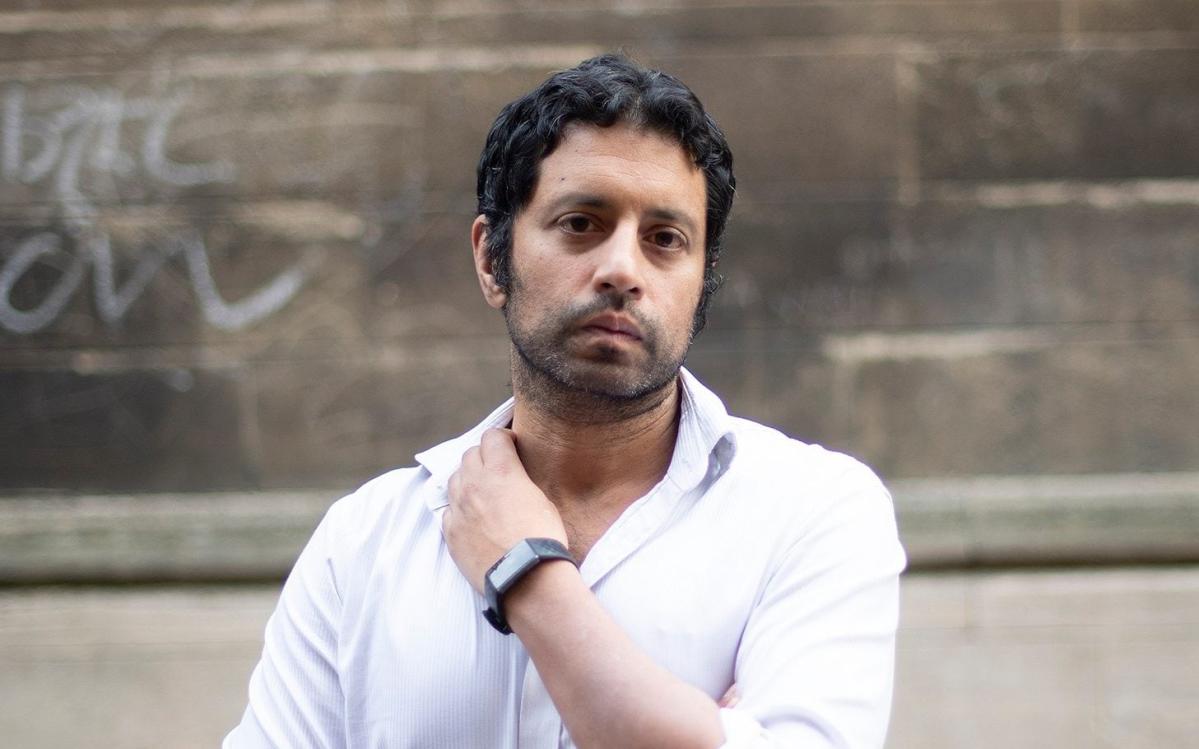The Government faces a High Court showdown with its free speech tsar over plans to shelve a clampdown on university “cancel culture”.
Prof Arif Ahmed is the director for freedom of speech and academic freedom, a new role set up by the Higher Education (Freedom of Speech) Act 2023.
Education Secretary Bridget Phillipson last month halted the introduction of the legislation, aimed at forcing universities to actively promote free speech on campus, just days before it was due to come into force.
She announced she was pulling the plug on the flagship Tory policy, and said she will now consider repealing it.
Ms Phillipson’s announcement to shelve the law threw Prof Ahmed’s position into doubt. While he is still formally employed as a director at the university watchdog the Office for Students (OfS), the complaints system he was meant to oversee now faces uncertainty and could be axed altogether.
He has spent the past year designing the complaints scheme, which would have allowed him to take submissions from academics who had been “cancelled” over their personal beliefs.
Prof Ahmed had been due to oversee all the OfS free speech functions, including carrying out investigations into universities that have been accused of breaching their duties under the act, which also gives the OfS the power to impose fines.
Since Ms Phillipson’s announcement, Prof Ahmed, a former philosophy professor at Cambridge University and outspoken champion of free speech, has not issued any public statements.

But legal documents, seen by The Telegraph, reveal that Prof Ahmed has been named as an “interested party” on an application for a judicial review of Ms Phillipson’s decision.
This means he will have the opportunity to take part in the Free Speech Union’s (FSU) legal challenge of the Government’s decision to halt the introduction of the bill.
Prof Ahmed, a former member of the advisory council at the FSU, will be able to make written submissions to the High Court and also appear in person with a barrister to challenge the Government on its arguments.
The development will be seen as highly embarrassing for ministers, as it now leaves them open to criticism in court from their own free speech tsar.
The OfS is also named on the document as an “interested party”, meaning it is directly affected by the claim.
The FSU launched a legal challenge against Ms Phillipson, saying that the Government’s decision to “kill off” the legislation would make it “virtually impossible for students and academics to challenge radical progressive ideology on campus”.
Bryn Harris, the FSU’s chief legal counsel, said: “The Free Speech Union has formally commenced legal proceedings against the Government following its revocation of the Higher Education (Freedom of Speech) Act 2023.
“These proceedings are of the highest constitutional importance. For almost 350 years, the governance of this country has rested on a golden premise: ministers of the Crown may not set aside the law made by Parliament.
“We say that a new government, flushed with power and ideological fervour, has thrown that rule to the wind. We believe the law is clear: our fundamental right to free speech, as protected by our sovereign Parliament, cannot be treated with such cavalier contempt.”
Protecting operations in China
Last month, The Telegraph revealed that the Education Secretary shelved the free speech law in part because British universities wanted to protect their operations in authoritarian states such as China.
The Department for Education (DfE) said the bill would have a “negative” impact on vulnerable groups and that it opened universities up to costly legal challenges from academics if they fell foul of the new law.
But legal documents revealed that vice-chancellors’ fears that the law would cause difficulties for their relationships with authoritarian states were also considered.
A DfE spokesman said: “We are absolutely committed to freedom of speech and academic freedom, but the Free Speech Act introduced last year risks imposing serious burdens on our world class universities.
“We have heard concerns that the act could expose students to harm and appalling hate speech on campuses. That is why we have quickly ordered implementation of this legislation to be paused so that we can consider next steps and ensure that we protect everyone’s best interests.”

